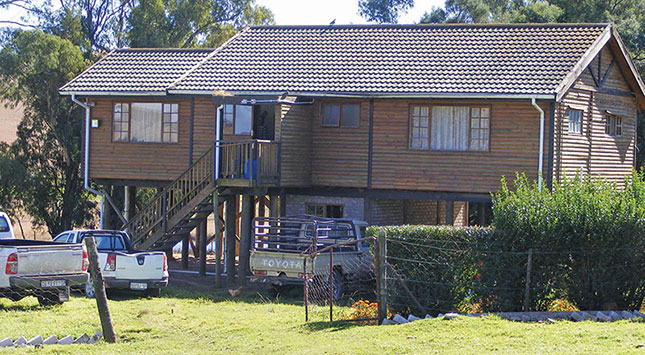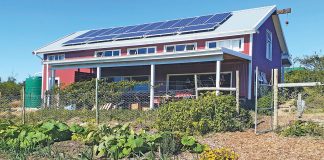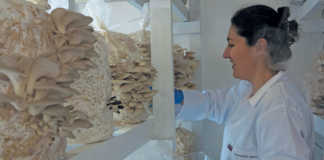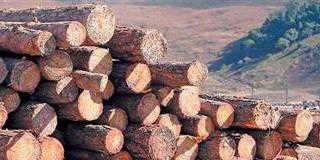
Buyambo Mantashe is the son of ANC secretary-general and former chairperson of the SA Communist Party, Gwede Mantashe. On an icy morning recently, we met up in Elliot, Eastern Cape. It soon became evident that Buyambo is more farmer than urban politician when he rolled up in a Nissan NP 200 with dented tailgate. Buyambo farms on his family farm, Siphamba Bloemvlei. Initial impressions were strengthened as Farmer’s Weekly pulled into the driveway of a modest farmhouse; this young farmer is not the usual ‘black diamond’.
“If you want to find the Mantashes over Christmas, this is where we’ll be,” he said.
The Mantashes bought the 531ha dryland farm in October 2012. They currently run 129 cattle and just over 800 sheep, and Buyambo has planted 98ha to a mixture of oats, turnips and maize as feed.
“Next season, I want to expand my lands and put some under soya,” he says. The veld grass is sour and good feed will be essential for expansion. “I’ve been here only three years and am still learning a lot,” admits Buyambo, who grew up in Johannesburg, attending Potchefstroom High School for Boys where he was head boy in 2009. He then took a BSc in agricultural economics at the University of Fort Hare.
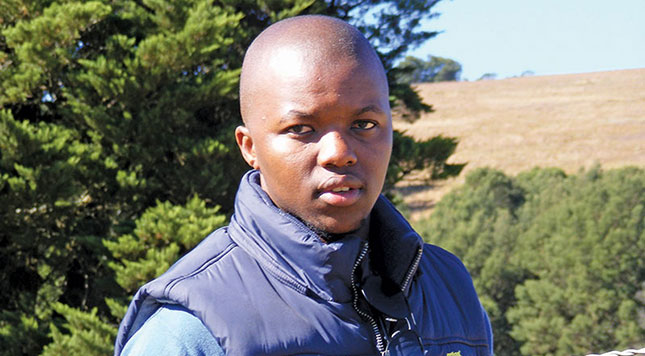
His ambition, he says, is to “dramatically increase” food production on the farm and start a small feedlot. “We’re lucky here in Elliot with a big abattoir just 10km from the farm, so fattening and selling makes sense.”
Buyambo provides the day-to-day technical expertise on the farm.
Selecting breeds
Buyambo has finally won a long-running family debate as to the sheep breed best suited to the farm, paving the way for expansion. “My old man was dead set on the SA Mutton Merino, whereas I’ve always liked Dormers. Last year, I put one up against the other and got better prices for my Dormers at market,” he says with a smile.
His flock is currently mixed, but he’s already in the process of converting to Dormer. However, his father’s passion prevailed when it came to the cattle herd. “Our cattle herd are mostly Ngunis,” explains Buyambo. “My father likes them, whereas I dislike them with a passion, because they carry no weight.”
Studying in China
Apart from strategies for the farm, Buyambo has his own plans, which include studying and entering agribusiness and the value chain. “I’m going to Beijing to do a three-year master’s degree in agribusiness. I foresee long-term trade relations between South Africa and China, and believe that if I can relate to both countries, I open a future for myself within the agribusiness sector,” he says.
Then, unsurprisingly, there is the political arena.
“All the BSc (Agriculture) courses are packed to capacity at Fort Hare,” says Buyambo, who currently chairs the South African Student Congress (SASCO) in the Eastern Cape. “Unlike in Johannesburg, the youth in the Eastern Cape are interested in farming. Unfortunately, very few of these graduates actually become farmers. After varsity, most do a bridging year to become teachers because there are no work opportunities for them in the agriculture sector.
“I really don’t think government does enough to support young agri graduates to become farmers. “We at SASCO challenge the ANC directly on the involvement of black graduates in the sector.” He also disagrees with how government approaches land reform: “It should be giving land to people who know something about farming – who have at the very least studied it.”
Buyambo is keen to persuade youngsters to take up farming and believes he is ideally placed to do so as he understands both sides of the coin.
“I’ve lived the urban life in Johannesburg and lived the rural Eastern Cape life, and I want to utilise this experience in order to educate black youth about agriculture,” he says. “I want to be the face of black farming in South Africa, I want to be the [mining magnate] Patrice Motsepe of agriculture, and change young black minds.”
He stresses that it is unnecessary for a young black farmer to farm “in the middle of nowhere” when he or she could buy a 50ha plot outside Krugersdorp, Magaliesburg or Honeydew. Black youth, he says, do not understand the profitability of small, intensive Gauteng farms.
“We also tend to just focus on the negatives in terms of black farmers in this country. I want to push the positives.” As a success story, Buyambo readily uses the area in which he farms as an example. “The Elliot district is, I believe, one of the most diverse, integrated farming communities in the country. Approximately 43% of all privately owned land in Elliot belongs to black farmers and people are not killing each other. We live in peace and harmony.
“Elliot is a success story that needs to be talked about and showcased,” he says proudly.
Phone Buyambo on 072 709 0216 or email him at [email protected].
This article was originally published on 19 June 2015 in Farmer’s Weekly.

